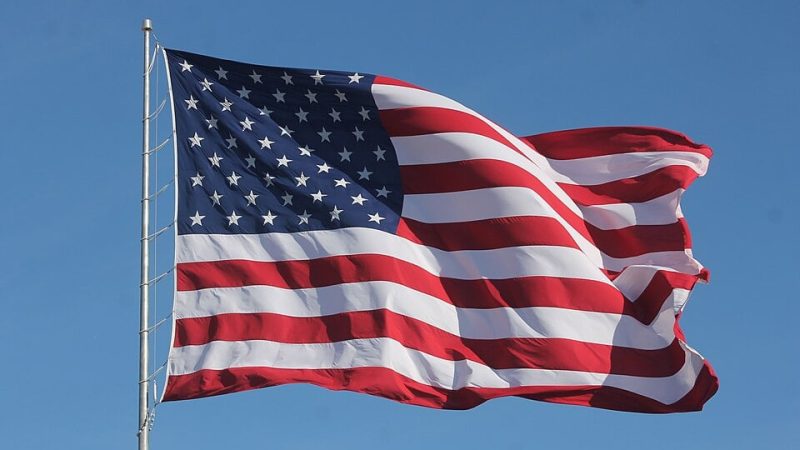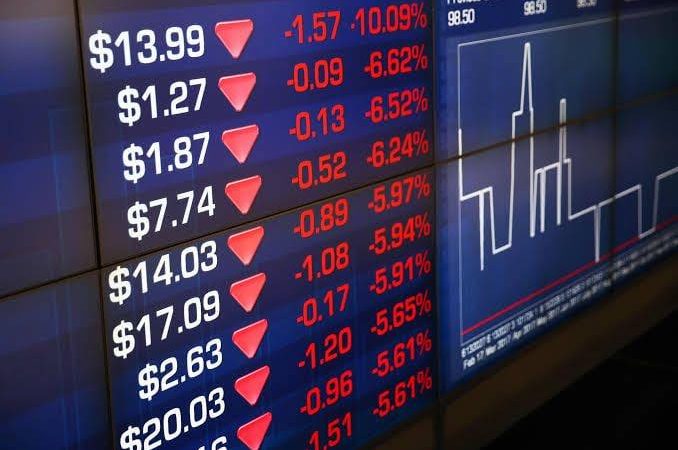The gap between the Naira and Dollar has continued to widen at both the official and black markets, hitting N219 as at Monday, September 25 since the devaluation of the Naira in June, 2023.
The rates have gone from converging to creating a gap of N219.75–N68.88 shy of the N288.63 gap recorded a day before the CBN devalued the naira in June.
Recall that President Bola Tinubu during his inauguration speech, said he was going to reform the policies in the forex market with a view to strengthening the Naira in order to achieve a N300/$ exchange rate in the short term and N200 in the long term.
The Central Bank of Nigeria (CBN) devalued the Naira by 40% in June, pushing the dollar rate to N664.04 in the official market, from N471.67 the preceding day and response, N760.3, up from N755.7 at the black market.
The currency devaluation was to ensure the unification of the multiple rates in the investors’ and exporters’ (I & E) window of the official market and parallel channel. Six days later, the rates converged at N756 on June 20, 2023.
However, gains from the policy change have been lost in the three months, with the exchange rate accelerating to N773.25 in the official window and N993 in the black market as at Monday.
Charles Abuede, Chief Economist and Researcher, Cowry Asset Management Limited, said speculative activities are behind the disparity in the rates.
The researcher said there are some underlying issues that warrant attention and the failure of the bank to supply an adequate amount of FX to alleviate pressure in the official market pushes demands to the open market.
He said the persistent supply-demand imbalance continues to fuel speculative activities, resulting in the substantial disparity in both FX markets.
He said reconsidering the ban on the 42 items and increasing supply could strengthen the naira and reduce the parallel market patronage.
ALSO READ: CBN plans new measures to stabilise naira
“Since the inception of the investors and Exporters window in 2017, the CBN initiated these restrictions to protect local industries and enhance import substitution efforts,” Abuede
“However, the desired impact has not materialised, leading importers to seek easier access to FX in the open market, resulting in heightened demand for dollars for dollars on the parallel market.
He suggested that concerted efforts from both fiscal and monetary authorities ARE Imperative to improve the naira against the dollar.
The analysts said several key actions—including formulating coherent policies that facilitate local currency transactions-can provide respite across the, markets
“This involves reducing the necessity for the greenback and instead relying on a predetermined percentage of the dollar and the naira for the trade or imports,” Abuede added.




